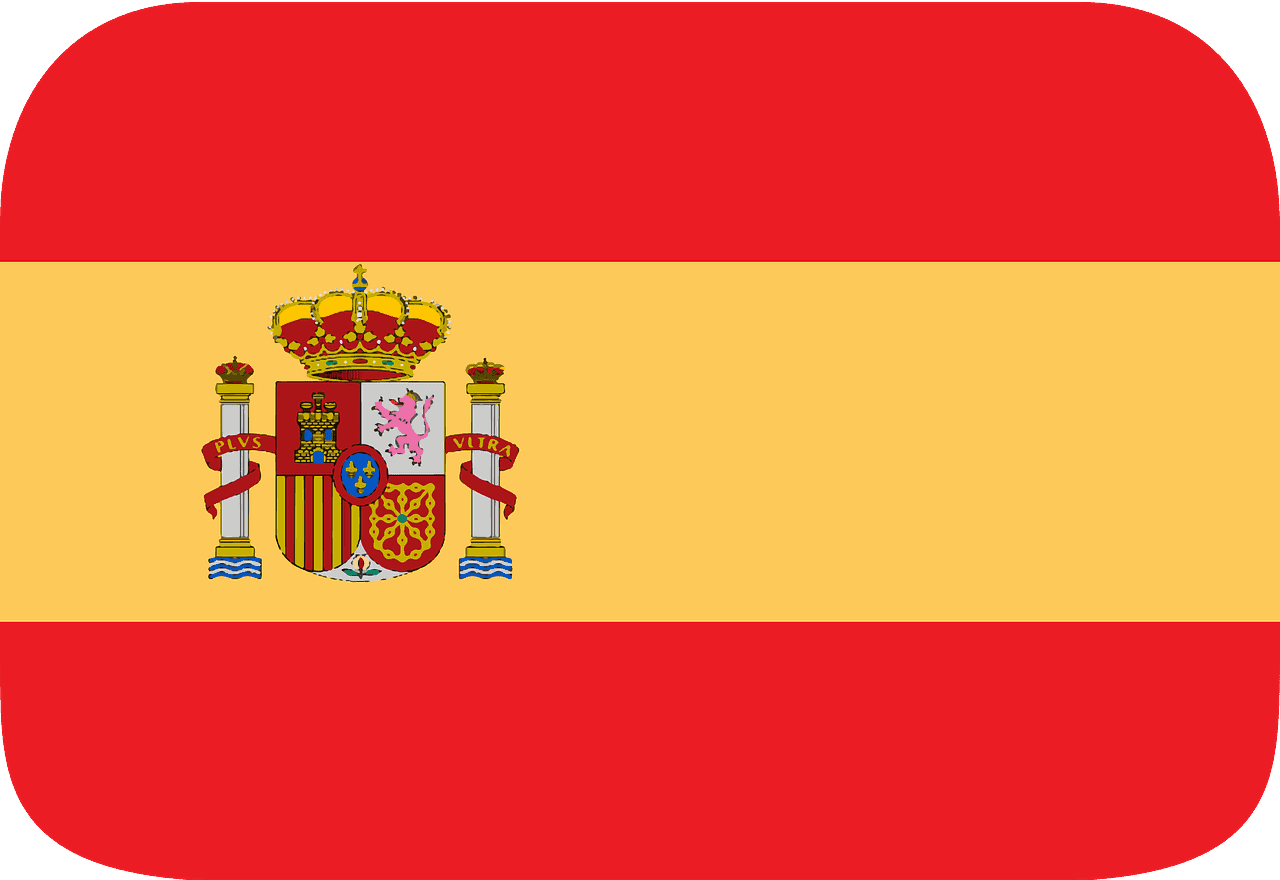Disruptive changes in organizations and societies that emerged from technology, economy, and environmental areas, challenge the flexibility of companies and institutions. In this context, the demand for professionals and researchers has increased, especially in areas such as STEM. The lack of researchers and professionals in STEM is a problem, especially in contexts such as Latin America. In this sense, the inclusion of women in STEM is seen as a key challenge. Consequently, it has received increasing attention from scholars and policy-makers. Several ongoing projects (e.g., ELLAS Project, financed by the nternational Development Research Center – Canada) have been working on different initiatives to close gender gaps in STEM. In this panel, we will discuss the main barriers to the inclusion of women in STEM in Latin America. In addition, we will address initiatives and good practices that have contributed to mitigating some of these barriers. Then, we will discuss these successful practices’ applicability in contexts such as the Peruvian.
Authors:
Dávila, G., Guzmán, I., Quintanilla, C., & Maciel
Language:
Spanish 
References (APA):
Dávila, G., Guzmán, I., Quintanilla, C., & Maciel, C. (2022). Venciendo los desafíos para la inclusión de mujeres en STEM. Actas Del Congreso Internacional De Ingeniería De Sistemas, 44-47. https://doi.org/10.26439/ciis2022.6067